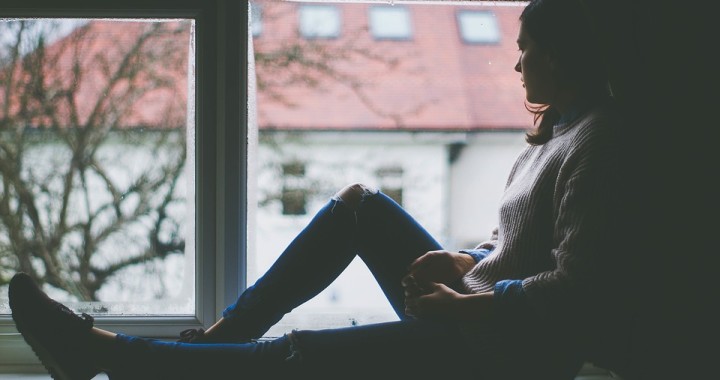At Valenta we support individuals in their mental health recovery. Empowering our youth to reach out and seek the required support is an important first step. The following article talks about the drastic increase in teenage girls who are experiencing depression and anxiety amid pressures due to social media. Psychological distress worsened between 2005 and 2015…one in three girls experience symptoms like feeling unworthy and being unable to concentrate. As parents, we need to be aware of the impact that social media may play in our daughters’ overall mental health.
By: Louise Ridley
The number of teenage girls suffering from depression or anxiety has soared in the last 10 years – and children whose parents went to university are more likely to experience symptoms, according to a government report.
The number of girls aged 14 to 15 experiencing symptoms has risen 10% in a decade, and those from more affluent and better educated backgrounds have fared worse, in the research seen by the Times.
Experts say social media, “pushy parents” and peer pressure are factors contributing to the rise – which has only been seen among girls, not boys.
A third of girls are now experiencing anxiety or depression, with both boys and girls whose parents were educated to degree level 5% more likely to have symptoms of psychological distress.
It was possible that teenagers from less privileged backgrounds had “lower levels of expectation for school success and lower levels of associated pressure”, but also that they were more resilient to stress having experienced more disadvantage, the report from the Department for Education survey said.
It also found there was a “small but statistically significant” lowering of young people’s belief that they could control their own destiny – especially among children with one or more parent unemployed.
Girls are twice as likely as boys to have symptoms of mental ill health, according to the survey, which spoke to thousands 14 and 15-year-olds.
Nick Harrop, Campaigns Manager from YoungMinds, told The Huffington Post UK social media “puts pressure on girls to live their lives in the public domain, to present a personal ‘brand’ from a young age, and to seek reassurance in the form of likes and shares.”
While depression and anxiety symptoms among girls rose between 2005 and 2014, symptoms among boys fell.
The researchers wrote that, “While girls were already displaying greater levels of psychological distress than boys in 2005, it is striking that their situation worsened between 2005 and 2014”.
Harrop from YoungMinds, said girls face “a huge range of pressures.”
“Stress at school, body image worries, early sexualisation, bullying on and offline and uncertainty about the future after school are all piling on the stress,” he told HuffPost UK.
“To make matters worse, when young people are struggling, it can be difficult for them to get the support they need. The government has committed an extra £1.4bn towards children and young people’s mental health, but it’s crucial that this money is protected and spent where it’s needed most.”
Thirty seven percent of girls in the survey experienced three or more symptoms including feeling unhappy, worthless or being unable to concentrate, The Times reported.
In Feburary, HuffPost UK reported that social media is affecting children’s mental health through increased stress, sleep deprivation and cyberbullying.
An exclusive poll for the Young Minds Matter series, guest edited by The Duchess of Cambridge, of parents found four-fifths (81%) of those surveyed blamed social media for making their children more vulnerable to mental health problems.

